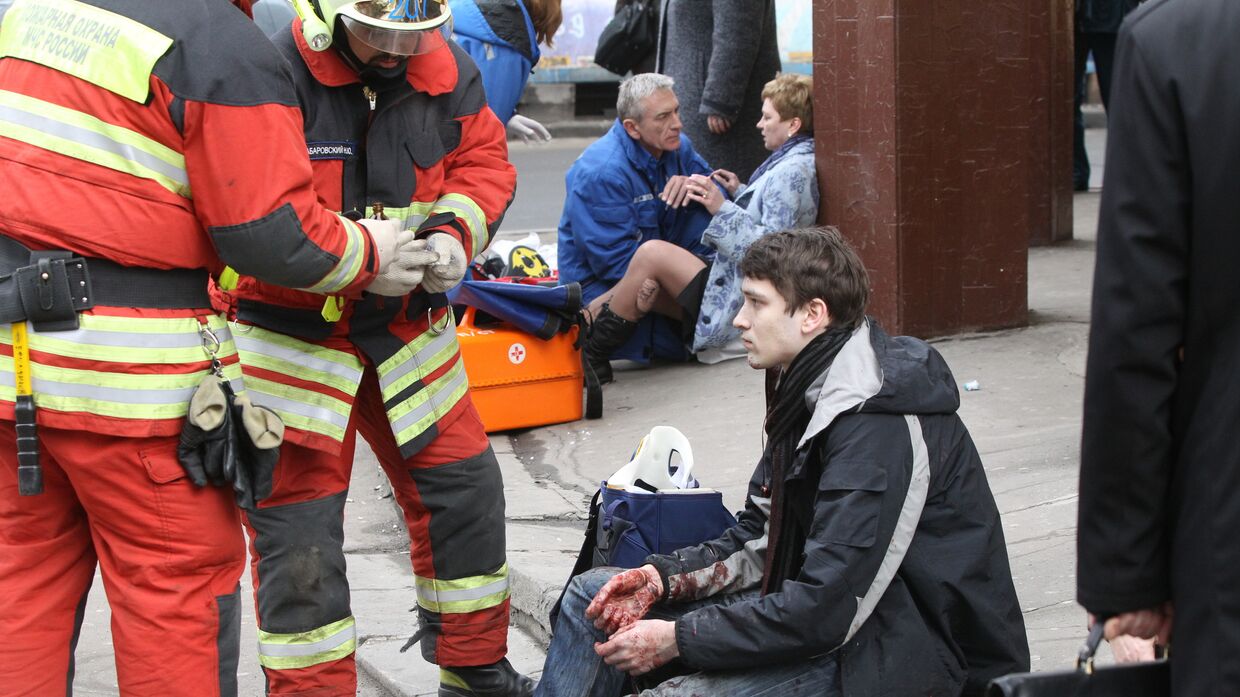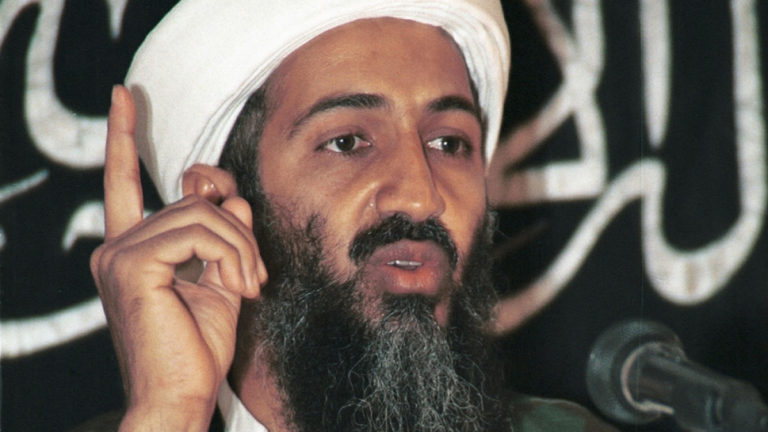A Dark Day in Russia’s History
On March 29, 2010 Moscow Metro Bombings witnessed one of the most devastating terrorist attacks in its modern history when two suicide bombers detonated explosives in the city’s heavily trafficked metro system. The bombings, executed by two women linked to Chechen militant groups, claimed the lives of 40 innocent people and left over 100 injured, marking a tragic moment for Russia and a grim reminder of the persistent conflict in the North Caucasus.
The attacks were carefully timed and coordinated to maximize casualties during Moscow’s busy morning rush hour. The first explosion struck at 7:56 a.m. at Lubyanka Station, located near the headquarters of the Federal Security Service (FSB). This station, situated in central Moscow, was packed with commuters, many of whom were headed to work. The powerful blast caused chaos, killing dozens instantly and leaving a scene of devastation within the station’s tunnels 2010 Moscow Metro Bombings.
Approximately 40 minutes later, a second explosion shook Park Kultury Station, another major hub on the same metro line. Like Lubyanka, Park Kultury was filled with commuters during the peak morning hours. The blast was equally deadly, sowing panic and fear throughout the city. The coordinated nature of the attacks indicated meticulous planning and pointed to a well-organized group behind the bombings.
The Perpetrators and Their Motives
Russian authorities quickly attributed the attacks to militants from the North Caucasus region, specifically the Caucasus Emirate, an Islamist separatist organization led by Doku Umarov. Umarov, a notorious Chechen warlord, claimed responsibility for the bombings, describing them as retaliation for Russian military operations in Chechnya and neighboring regions. He stated that the attacks were part of a broader campaign to bring the war to Russia’s urban centers 2010 Moscow Metro Bombings.
The suicide bombers were identified as members of the so-called “Black Widows,” a group of women who had lost husbands, brothers, or sons during the long-running conflicts in the North Caucasus. Many of these women were radicalized and recruited for suicide missions, becoming symbols of the region’s deep-seated grievances and unrelenting cycles of violence.
Immediate Impact and Aftermath
The bombings sent shockwaves throughout Moscow and beyond. Survivors described harrowing scenes of destruction, with metro cars mangled, tunnels filled with smoke, and injured passengers crying out for help. Emergency services responded swiftly, evacuating the injured and securing the affected stations. Despite the chaos, the Moscow Metro resumed operations later that same day, symbolizing the resilience of the city and its people.
The attacks provoked widespread outrage and condemnation both domestically and internationally. Russian President Dmitry Medvedev addressed the nation, promising a forceful response to the perpetrators and calling for enhanced security measures. Prime Minister Vladimir Putin vowed to hunt down those responsible, stating that Russia would not bow to terrorism.
In the days following the bombings, Russian authorities intensified counterterrorism operations in the North Caucasus, targeting suspected militant hideouts and increasing security across the country’s public transportation systems. These actions underscored the government’s determination to combat the insurgency but also highlighted the complex and enduring challenges of addressing the root causes of extremism in the region 2010 Moscow Metro Bombings.
Legacy of the Attacks
The 2010 Moscow Metro bombings remain one of the deadliest terrorist incidents in the city’s history. They served as a stark reminder of the human cost of political and ethnic conflicts and the ongoing threat posed by terrorism. For many Russians, the attacks evoked painful memories of previous incidents, including the Beslan school siege and the Dubrovka Theater hostage crisis, both of which were linked to the Chechen insurgency 2010 Moscow Metro Bombings.
The bombings also drew attention to the broader geopolitical and social issues underlying the violence in the North Caucasus. These include the region’s history of conflict, economic hardship, and widespread grievances against Russian federal authorities. While the government has taken steps to improve stability in the region, the legacy of these conflicts continues to shape Russia’s security landscape.
As the city of Moscow continues to heal, the 2010 metro bombings are remembered as a somber chapter in its history, a day of tragedy that united a nation in mourning and resilience. The victims of the attacks are commemorated annually, ensuring that their lives and stories are never forgotten.














